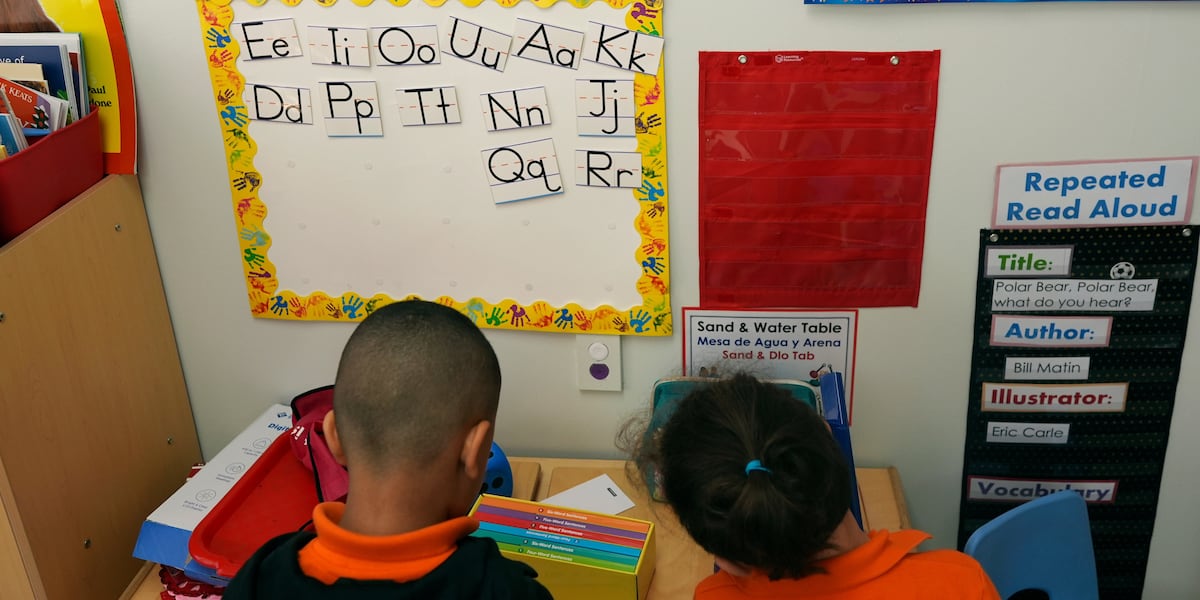
Impact of Government Shutdown Looms Over Head Start Programs in Charlotte, N.C.
As the United States government enters its fifth week of suspension, crucial programs that serve low-income families are at risk of ceasing operations. Among these is the Head Start program, which has long been essential for early childhood education and support services across the country.
In the Charlotte area, while programs have yet to shut down, there is a palpable tension as administrators prepare for the worst-case scenarios. The Alliance Center for Education’s Head Start program has been a cornerstone for many families in the region, operating for 42 years to provide comprehensive educational services focused on the development of children from underserved communities. With 75% of its funding sourced from federal funds, the ongoing shutdown poses a significant threat to its sustainability.
Brittany Frazier, a mother of six who depends on the Head Start program for her three-year-old son, articulated the dire ramifications of continued government inaction. “Without this program, I wouldn’t be able to work effectively, nor could my mother, who helps to support our family,” she stated. For families like hers, the potential end of Head Start translates to job loss and economic instability, risking homelessness and food insecurity.
Jared Keaton, CEO of the Alliance Center for Education, emphasized that the uncertainty surrounding funding is not only stressful for families but also demoralizing for teachers and staff. “In environments where educators are unsure if they can meet their financial obligations, the quality of education and care provided inevitably diminishes,” he remarked. Should the government shutdown persist past December 31, Keaton warns that the Head Start program could only operate for an additional 45 days on credit alone.
Keaton pointed out that approximately 70% of families associated with the Head Start program are actively employed, highlighting the critical link between early childhood education and economic development within the Charlotte community. “Our program not only fosters educational growth for children but also empowers parents to maintain stable employment,” he noted.
In the political sphere, Head Start has enjoyed bipartisan support for more than six decades. Advocacy groups and local supporters hope that lawmakers will prioritize the program in negotiations to resolve the shutdown. The future of such essential services hangs on a thread, as children and families await a resolution that will determine the continuity of their access to early education resources.
As the impasse continues, parents and educators remain hopeful yet concerned, stressing the vital nature of Head Start and similar programs to community well-being. For many families in Charlotte, the stakes are incredibly high, and the push for congressional action grows more urgent with each passing day.

